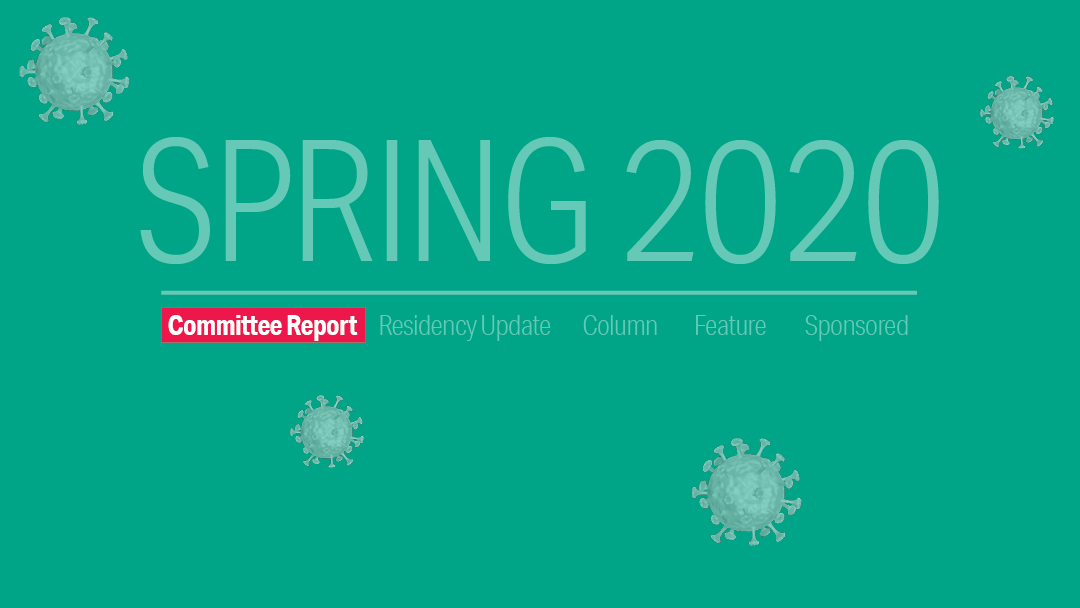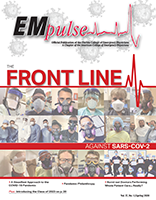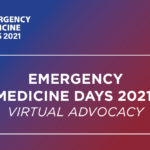Spring 2020: Gov’t Affairs
This year’s legislative session had a very heavy focus on healthcare, as this was a priority of Speaker of the House, Rep. Jose Oliva, who is in his final year of his position. Below are some of the key bills affecting the specialty of emergency medicine:
FAILED TO PASS:
SB 378/HB 771: Motor Vehicle Insurance
This would have replaced the PIP coverage mandate with optional medical payments coverage. It would have driven the cost of coverage up by 5.3% and shifted $470 million towards private health insurers.
SB 1830/HB 1103: Electronic Prescribing
This would have effectively prohibited written prescriptions, except when electronic prescribing was unavailable due to a temporary electrical or technological failure. FCEP advocated against this bill as being too restrictive and our voices were heard immediately at Emergency Medicine Days, leading to the bill’s demise.
PASSED:
The following bills (effective July 1) reached Governor DeSantis’s desk on the afternoon of March 11 and were quickly signed before 7:00 pm—a move that took everyone by surprise.
SB 1676/HB 607: Direct Care Workers
Authorizes an APRN who meets certain eligibility criteria to register with the Board of Nursing to engage in autonomous practice related to primary care without a supervisory protocol or physician supervision.
The bill authorizes the Board of Nursing and the new Council of Advanced Practice Registered Nurse Autonomous Practice to develop a list of medical acts that an APRN engaging in autonomous practice may perform. To register to engage in autonomous practice, an APRN must hold an active Florida license and:
- Not been subject to any disciplinary action during the five years immediately preceding the application.
- Completed, in any U.S. jurisdiction, at least 3,000 clinical instructional or practice hours supervised by an actively licensed physician within the 5-year period immediately preceding.
- Completed within the past five years: (3) graduate-level semester hours or the equivalent, in differential diagnosis and pharmacology, respectively.
- The board may provide additional registration requirements by rule.
The Council of APRN Autonomous Practice is established within the Department of Health. The council must consist of the following nine members:
- Two physician members of the Board of Medicine, appointed by its Chair;
- Two physician members of the Board of Osteopathic Medicine, appointed by its Chair;
- Four APRNs, registered under this chapter and with experience practicing advanced or specialized nursing, and
- The State Surgeon General or his or her designee shall serve as the chair of the council.
SB 1094/HB 389: Practice of Pharmacy
Authorizes pharmacists who meet certain criteria to enter into a collaborative pharmacy practice agreement (CPPA) with a physician for the management of chronic and non-chronic health conditions. The pharmacist must complete additional continuing education courses addressing minor, non-chronic health conditions and collaborative pharmacy practice each biennial licensure renewal.
Chronic health conditions: arthritis, asthma, COPD, type 2 diabetes, obesity, and any other chronic condition or co-morbidity identified by the collaborating physician.
Non-chronic health conditions: flu, strep, lice, skin conditions such as ringworm and athlete’s foot, and minor, uncomplicated infections.
The bill requires the Board of Pharmacy to adopt rules in consultation with the Boards of Medicine and Osteopathic Medicine. Regardless, this has significantly stepped beyond a pharmacist’s scope of practice and will lead to patient harm due to their lack of clinical training.
While Rep. Oliva had his eye on “disrupting healthcare” from the beginning, these bills ultimately passed because of significant lobbying and PR efforts by supportive parties. We must not let this happen again. ■
This article is part of the following sections:
Samantha manages fcep.org and publishes all content. Some articles may not be written by her. If you have questions about authorship or find an error, please email her directly.








